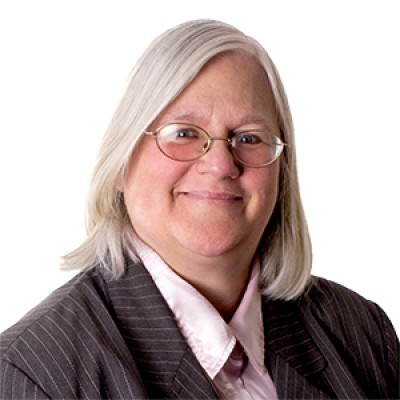
On April 1, 2021, the U.S. Supreme Court decided the question whether the Telephone Consumer Protection Act’s (TCPA) definition of “autodialer”
encompasses equipment that can “store” and dial telephone numbers, even if the device does not “us[e] a random or sequential number generator.” It does not. To qualify as an “automatic telephone dialing system,” a device must have the capacity either to store a telephone number using a random or sequential generator or to produce a telephone number using a random or sequential number generator.
Facebook, Inc. v. Duguid, No. 19-511 (April 1, 2021) (2021 WL 1215717).
Background
The case began when Noah Duguid started receiving text messages from Facebook, stating that someone had attempted to access his Facebook account from an unknown browser. Mr. Duguid had never had a Facebook, and was unable to get the text messages to stop. He brought a putative class action alleging Facebook violated the TCPA by “maintaining a database that stored phone numbers and programming its equipment to send automated text messages to those numbers each time the associated account was accessed by an unrecognized device or web browser.”
The lawsuit turned on the TCPA’s definition of “autodialer” in 47 U.S.C. § 227(a)(1):
“equipment which has the capacity—
“(A) to store or produce telephone numbers to be called, using a random or sequential number generator; and
“(B) to dial such numbers”
The trial court ruled in Facebook’s favor, but the Ninth Circuit reversed. The appeals court held that an autodialer “need not be able to use a random or sequential generator to store numbers; it need only have the capacity to “ ‘store numbers to be called’ ” and “ ‘to dial such numbers automatically.’” In other words, the Ninth Circuit found that “using a random or sequential number generator” modified “produce” but not “store” the telephone numbers to be called.
The Supreme Court reversed.
The Ruling
Writing for eight Justices (Justice Alito concurred in the judgment), Justice Sonia Sotomayor focused on the construction of the statute:
Congress defined an autodialer in terms of what it must do (“store or produce telephone numbers to be called”) and how it must do it (“using a random or sequential number generator”). The definition uses a familiar structure: a list of verbs followed by a modifying clause. Under conventional rules of grammar, “[w]hen there is a straightforward, parallel construction that involves all nouns or verbs in a series,” a modifier at the end of the list “normally applies to the entire series.”
The opinion also examined Congress’ use of “using a random or sequential number generator” and noted that the phrase “immediately follows a concise, integrated clause: ‘store or produce telephone numbers to be called,’” leading to the conclusion that the phrase modifies both “store” and “produce.” In addition, “‘[a] qualifying phrase separated from antecedents by a comma is evidence that the qualifier is supposed to apply to all the antecedents instead of only to the immediately preceding one.’”
The opinion also pointed out that adopting the plaintiff’s definition “would take a chainsaw to these nuanced problems when Congress meant to use a scalpel” and could affect ordinary cell phone users making everyday uses of their phones.
The Court concluded:
In sum, Congress’ definition of an autodialer requires that in all cases, whether storing or producing numbers to be called, the equipment in question must use a random or sequential number generator. This definition excludes equipment like Facebook’s login notification system, which does not use such technology.
Justice Alito concurred in the judgment, because he felt that the opinion elevated interpretative canons into “inflexible rules.”
Our Take
Although the Supreme Court’s opinion probably delighted grammar geeks everywhere, many companies will also welcome the Court’s narrow interpretation of “autodialer” that permits targeted text messaging.
Another takeaway is for anyone who drafts documents. The issue could have been avoided entirely with some simple formatting:
An autodialer means “equipment which has the capacity—
“(A) to
(i) store, or
(ii) produce
telephone numbers to be called, using a random or sequential number generator; and
“(B) to dial such numbers



